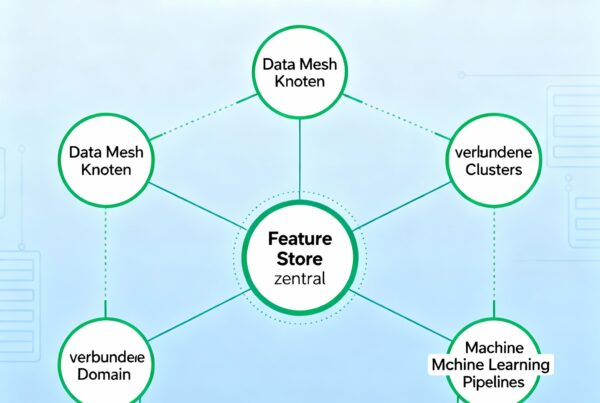The traditional landscape of the utilities industry is undergoing a transformative change that goes far beyond the familiar. This development is characterised by a clear goal: the integration of digital technologies to increase efficiency, create innovative business models and shape a sustainable future.
At DIGITAL IMPACTS (DI), we support utility companies in making themselves digitally fit for the future and utilising the digital transformation as an opportunity. Our consulting services include:
- Digitalisation of business processes
- Improvement of data utilisation
- Optimisation of the IT landscape
- Support in change management
- Conception of customer-orientated service offerings
The first part of our series looks at current developments in the industry & the specific challenges facing utility companies.
Overview of current industry trends
Strengthening digital skills and technology infrastructure is essential for utilities, as the groundbreaking study “Digital@EVU 2023” shows. This study provides a comprehensive insight into the current situation in the industry and identifies forward-looking trends for utilities. Below is a selection of the most important findings:
- 80% of the participating companies have not yet defined a digital target vision.
- 63% of companies have clearly defined goals for the further development of IT (IT strategy), but only 45% of those surveyed agree that their IT is also driving new topics.
- < 30% of all companies regularly review their processes and therefore overlook optimisation potential.
Taking this starting position into account, new challenges arise for utility companies:
- Coping with media disruptions in repetitive processes that are inefficient due to too many time-consuming work steps
- Lack of customer-centred online services
- Lack of willingness to invest in digital technologies
- Lack of experts makes it difficult to implement digital projects
- Lack of budget and resources to fill central coordination positions for digitalisation topics
- Digitisation of the legacy portfolio (e.g. supply network documentation)
- Technical innovations require a very high level of integration effort and therefore appear cost-intensive
- Added to this is the increasing complexity of the regulatory environment in IT (IT security, data protection, etc.)
These challenges are the starting point for our DI transformation process.
In the second part of our series, we will take a closer look at our DI transformation process and how our expertise can help you successfully overcome your challenges.
Visit our website to find out more and get in touch with us.





